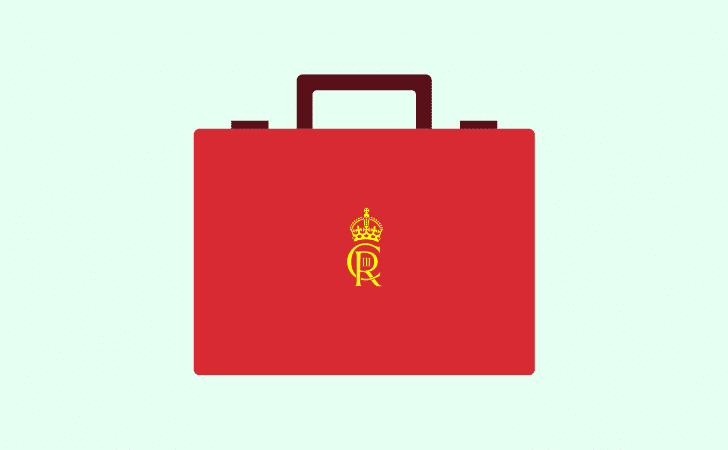
Here are details from the Spring Budget on 6 March 2024 and how they may impact on your finances.

£10 BONUS OFFER: Earn easy cash by watching videos, playing games, and entering surveys.
Get a £10 sign up bonus when you join today.
Chancellor Jermey Hunt delivered the Budget which outlines the tax and spending plans for the government.
This is no fluff, no jargon, and just a simple explanation of what’s happening for consumer finances.
This is likely the last budget before the next general election.
He promises to help families with “permanent cuts in taxation”.
Let’s see…
New “British” ISA
There is a new Great British ISA to encourage people to invest in UK businesses.
There will also be an extra £5,000 tax-free allowance per year for any money you save.
Child Benefit
When one parent earns £50,000, they lose Child Benefit under the Higher Income Benefit Charge.
However, if there are two parents earning £49,000 each, they can still claim the benefit.
This has been considered unfair.
To change this, the cut off threshold level is being raised from £50,000 to £60,000, and you lose Child Benefit totally at £80,000.
There will also be a consultation to move the calculation to family income, not individual (in place from April 2026).
Tax on income
Tax and National Insurance when you work – this is considered a double taxation.
The government want something fairer to encourage people back to work.
Employee National Insurance cut by 2p (from 10% to 8%), which is around £450 a year for someone on an average salary.
For self employed, this cut is from 8% – 6% which is around £350 a year.
Changes will come into effect from 6 April 2024.
Tax
They are making the tax system “simpler and fairer”:
Vaping
A new levy on vapes from October 2026.
Plus, an increase in tobacco duty.
Air Passenger Duty
One off adjustment to the air passenger duty but for business class travellers.
Capital Gains Tax
Capital Gains Tax is reducing from 25% – 24%.
Budgeting Loans
Around one million households on Universal Credit apply for Budgeting Advance Loans.
The repayment period is changing for budgeting loans.
They are increasing the amount of time you can repay a loan from 12 months to 24 months.
While it’s still a form of borrowing, it’s interest free, so less risk than using a standard bank loan or credit card to help in an emergency.
Debt Relief Oder
The £90 charge for a Debt Relief Order has been removed.
This is very useful if you are struggling with debts as it makes a far cheaper and easier form of bankruptcy.
This will impact people in England, Wales and Northern Ireland, but not Scotland.
Household Support Fund
The Household Support Fund was due to stop on 31 March 2024.
This allows support to be given from councils to households to help with costs of things like food and energy.
It was introduced during Covid when households struggled, but was continued when the Cost of Living crisis hit.
This will continue for another six months.
Fuel Duty
Fuel Duty will be frozen at its current rate for the next 12 months, until February 2025.
The fuel duty is being temporarily cut by 5p, and was due to end at the end of the month. It is also being extended.
Alcohol Duty
There is a freeze of alcohol duty that is due to end in August.
This has now been extended to August 2025.
VAT registration threshold
If you have a business, you may be interested to know that the registration threshold for businesses has changed from £85,000 to £90,000.
This change comes in from 1 April 2024.
Windall tax for energy companies
Profits from oil and gas companies are subject to a windfall tax. This is going to continue until 2029.
BREAKING – to be updated.
[ad_2]